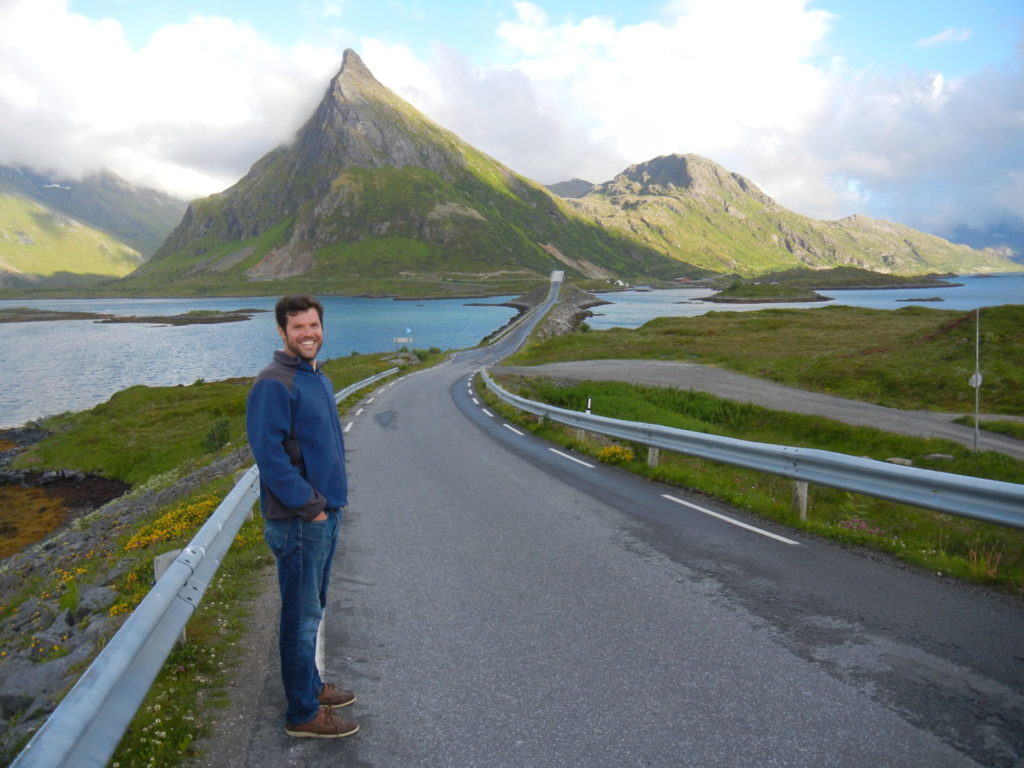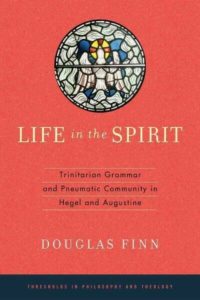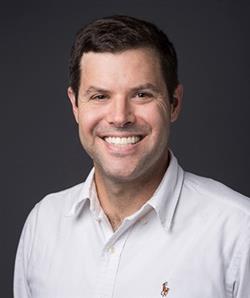
By Ashby Butnor
This article was excerpted and edited from a Q&A published on the Philosophy department website
The first faculty member to fill the endowed Willette position is Douglas Finn, Ph.D., a one-year visiting professor of Catholic studies. For the past ten years, Dr. Finn has taught philosophy and theology in the Catholic intellectual tradition at a variety of colleges and universities, including at Notre Dame, Brown, Boston College, Villanova, and, most recently, at Saint Anselm College.
“I am so excited about the opportunity to teach at Colorado State—a university fundamentally committed to publicly engaged scholarship and education. I hope, in my courses and other forms of outreach, to inspire in students and other members of the community a strong passion for learning and for putting what one learns into service for the benefit of others, especially those in need,” says Finn.
“We are excited to welcome Dr. Finn to CSU and the Fort Collins community,” says Ben Withers, dean of the College of Liberal Arts. “His presence here enables us to engage in conversations on campus and with community partners about the importance of religion in historical and contemporary contexts.
“Given our mission to educate the whole person and the centrality of different religious traditions in many issues we face today, I see the Willette Professorship as a way to explore how to discuss these issues publically in a rigorous, multi-lateral and mutually beneficial way.”

As a scholar, Finn is interested in how several late antique Christian preachers sought, through sophisticated reading and rhetorical strategies, to bring scriptural narratives and moral exemplars to life for their congregations. His first book, Life in the Spirit: Trinitarian Grammar and Pneumatic Community in Hegel and Augustine (Notre Dame Press, 2015), bridges his interests in Christian thought of the late antique and modern periods and offers a comparison of two influential thinkers in Western intellectual history—Augustine and Hegel—on their concepts of Spirit.
“Catholicism has a robust history of reflection on the nature of reality, what it means to be human, and how people ought to design societies so as to ensure human flourishing and the advancement of the common good. This intellectual and social tradition can contribute to the broader conversation at an institution like CSU. Conversely, that conversation can foster critical reflection among Catholics regarding the articulation of their foundational principles and the various ways those principles manifest themselves in practice.”
As a teacher, Finn looks for those moments of surprise, awe, and wonder—”when students discover something unexpected and new about the world around them and about themselves, or when the students teach me something new about the world, about themselves, or about myself.”

He continues, “…the beauty of studying philosophy or religion is that it offers students the chance, beyond any strictly utilitarian imperative, to think critically about the meaning and value of their lives and their education, what the good or goods are that they seek in this life, and what, generally, a good human life looks like to them. I, therefore, try to bring students into contact with perspectives on humanity and human flourishing that they might not have encountered before. The goal is for students to expand their imaginations, to reflect critically on their own and others’ values, commitments, and practices, and to be able to articulate and explain their convictions and actions to others.”
Beyond the classroom, Finn plans to work within the Fort Collins community with speakers or via panel discussions to explore and understand Catholic tradition and social issues such as climate change, racial justice, or immigration.
“I would also eagerly help coordinate and participate in interreligious dialogue and interreligious collaboration on various projects in the community. My goal is to help foster greater awareness of and understanding between the diverse array of groups and traditions that make up the Fort Collins community,” he says.